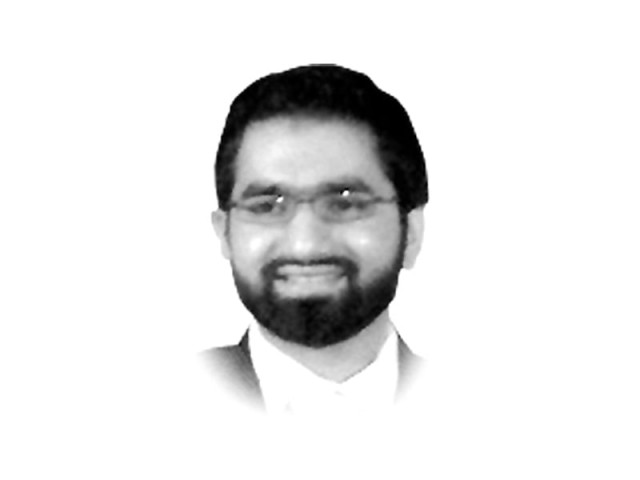Pakistan’s obituary
Pakistan chose to fight extremists instead of fighting extremism. It was like attempting to cure cancer with Panadol.

The writer is the recipient of the James A Wechsler Award for International Reporting and a graduate of Columbia University’s Graduate School of Journalism
Pakistan accomplished a lot in its brief but eventful existence. The birth of Pakistan was nothing short of a political, historical and geographical miracle, which led the country to believe that it was special by virtue of its existence. Pakistan was a country brimming with possibilities and potential, especially during its late teens and early twenties when its green revolution was the envy of the developing world and the country was called out as a role model for economic and industrial development. Somewhere along the way, Pakistan grew frustrated at always being able to visualise but never realise its full potential and eventually lost the plot. A mid-life crisis, sparked by the inability to define the role religion should play in society, led to an unstoppable lurch towards a more polarised polity.
The irony of Pakistan’s battle with cancer was that it wasn’t overwhelmed physically by the disease. The country was in a perfect position to isolate and defeat the most violent strains of the cancer but ultimately lost the fight not on the battleground but within its own heart and mind. Pakistan chose to fight extremists instead of fighting extremism. It was like attempting to cure cancer with a Panadol; trying to defeat the physical symptoms of the disease rather fighting the root causes of the disease itself.
Pakistan never really made a wrong decision when it came to fighting cancer. Instead, it chose to never make a decision at all and wished the problem would simply go away. Pakistan’s critics liked to argue that the country was in denial but its close friends thought Pakistan would pull through. After all, Pakistan had a habit of living on the edge and taking everyone to the brink before clawing its way back to sanity. But something went horribly wrong this time. Pakistan grew bitter against its friends who were essentially funding a country on ventilator. Instead of viewing the pain of life support and subsequent treatment as a step towards resurrection, Pakistan saw the pain of the treatment as the problem itself. In short, when it came to extremism, Pakistan chose to fight the treatment instead of the disease. Friends pushed for more incisive treatments as the disease spread and Pakistan continued to push back. Ultimately, it was easier to reconcile oneself to accidental martyrdom rather than a deliberately painful existence.
Pakistan was never truly afraid of death. It was life that Pakistan feared. Choices always put the country on the spot. Pakistan had a lot of good qualities; resilience, resourcefulness, a big heart, etc. But Pakistan was never decisive. Pakistan’s life wasn’t all doom and gloom; there was a lot to celebrate too. The country loved to be at the centre of the world’s attention, even if it was usually for all the wrong reasons. Underneath all the attention that brought the country infamy, there was a lot Pakistan got right. It was the Pakistani people that elected and re-elected the Muslim world’s first female prime minister, even before America, the leader of the free world, elected a female head of state. It was Pakistan that gave the world Mr Abdul Sattar Edhi, the unassuming social worker whose life serves as a window into the lives of millions of Pakistanis; who go about their everyday lives and in their own understated way, selflessly make a difference in the lives of those around them. If Pakistan had a few extra years to live life without cancer, the country could have made the world a better place. Alas, we will never know what could have been.
Published in The Express Tribune, November 7th, 2013.
Like Opinion & Editorial on Facebook, follow @ETOpEd on Twitter to receive all updates on all our daily pieces.
















COMMENTS
Comments are moderated and generally will be posted if they are on-topic and not abusive.
For more information, please see our Comments FAQ